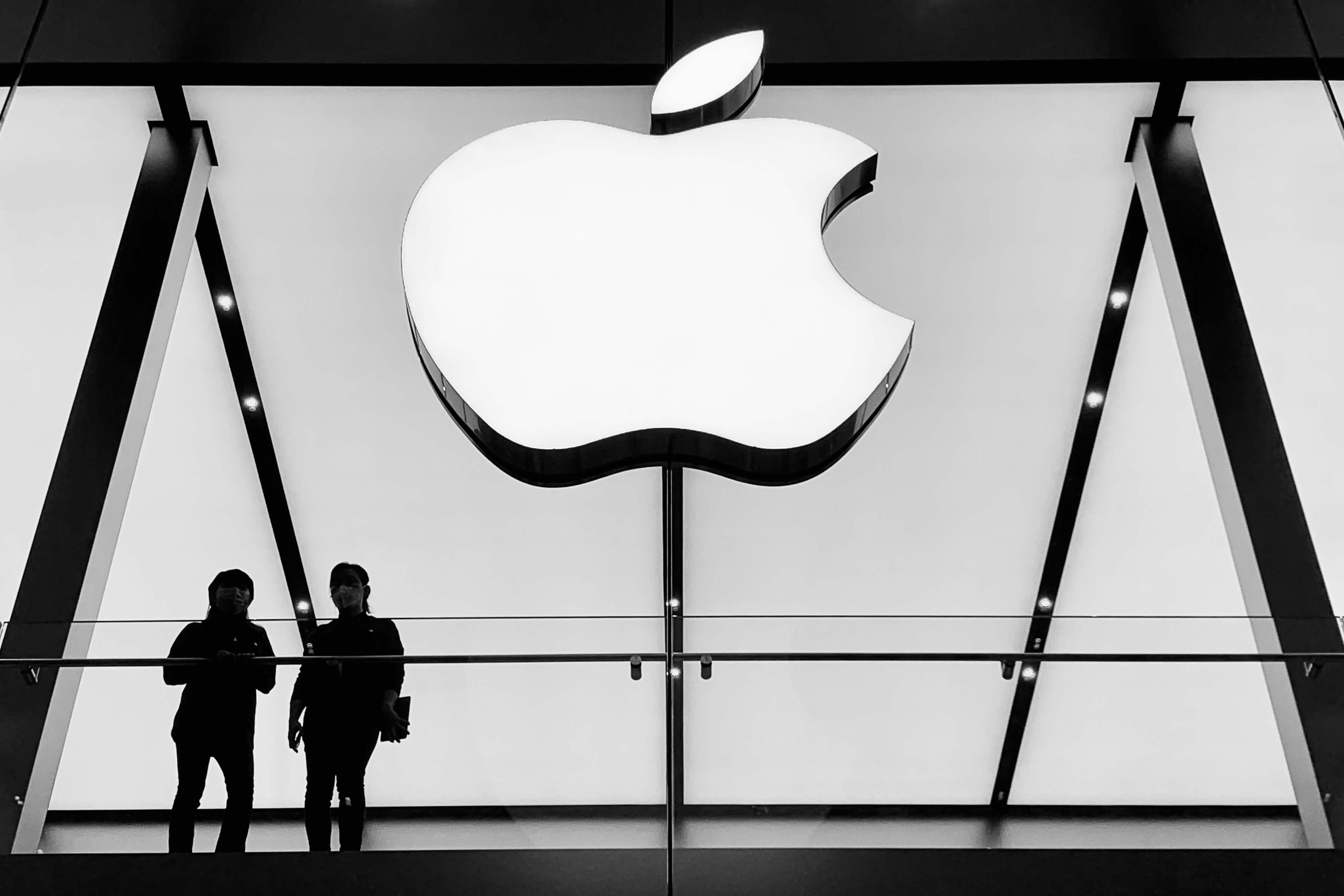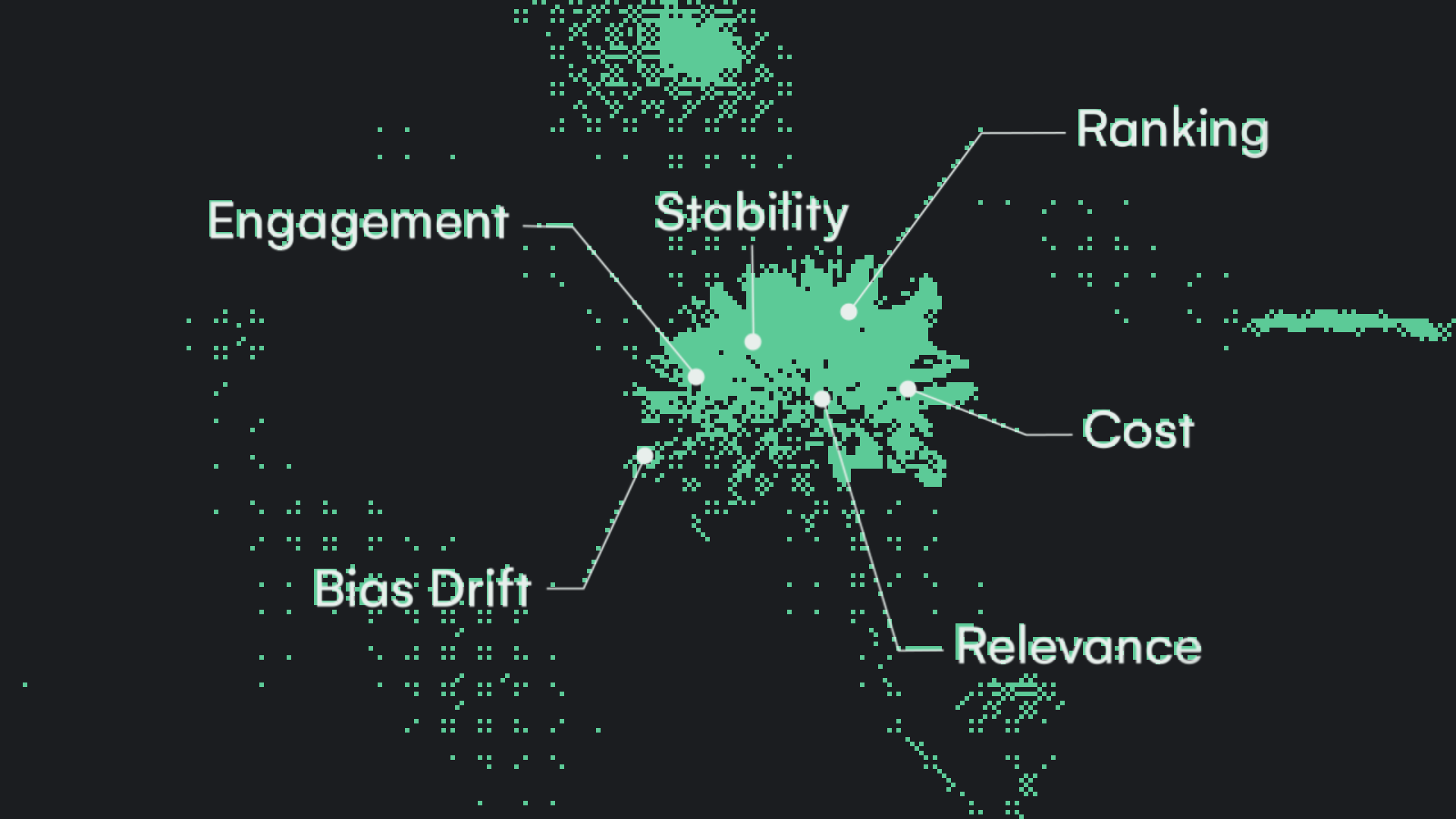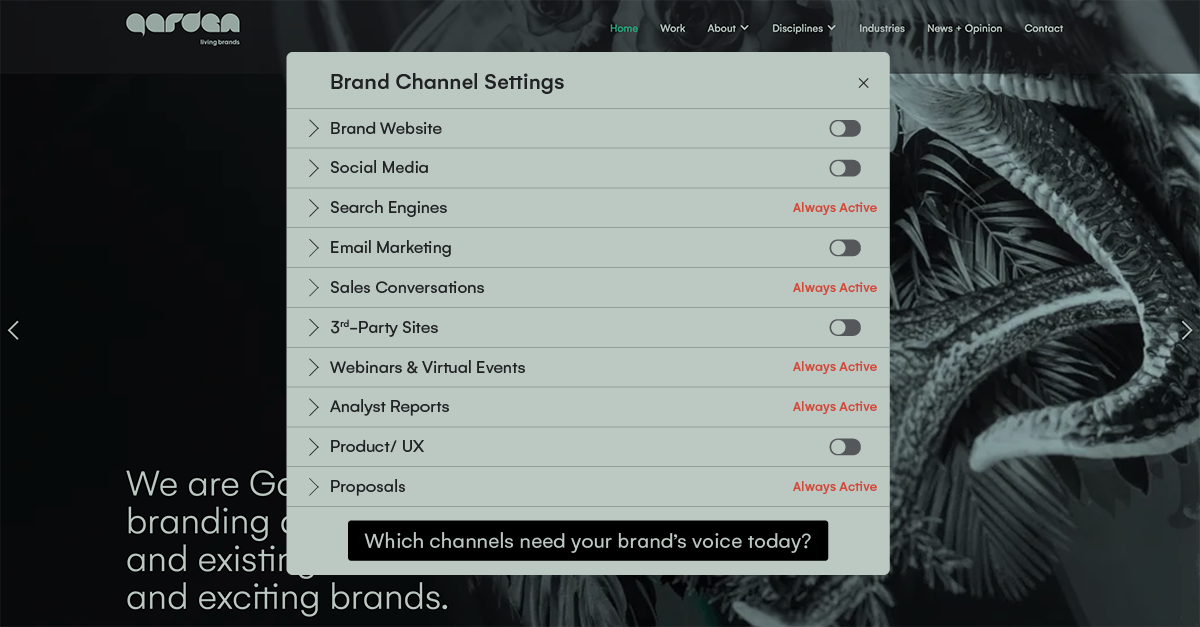Understanding generational branding
In the dynamic world of marketing, understanding the nuances of generational branding is essential for branding agencies and companies looking to connect with diverse consumer bases. Each generation—Baby Boomers, Generation X, Millennials, Generation Z, and Generation Alpha—possesses distinct values, experiences, and preferences that significantly influence their relationship with brands.
This article delves into these generational differences, emphasising how branding agencies can effectively tailor their strategies to resonate with each group and enhance brand loyalty.
Baby Boomers (1946-1964)
Baby Boomers are defined by their experiences during a time of economic prosperity and social change. Having grown up in the post-World War II era, this generation values reliable and trusted brands. For branding agencies targeting Baby Boomers, it’s crucial to focus on attributes like quality, durability, and exceptional customer service.
Brands that have stood the test of time, such as Ford and Coca-Cola, resonate well with this demographic, as they evoke a sense of nostalgia and reliability. Effective branding strategies for Baby Boomers should involve straightforward messaging that highlights the brand's history and commitment to quality.
Visual Approaches: When creating visuals for this audience, branding companies should lean towards classic designs, muted colours, and traditional typography. Imagery that reflects family values, historical references, and community ties will resonate well. Additionally, using traditional advertising methods, such as television and print, can effectively reach this demographic.
SKIMS
SKIMS, founded by Kim Kardashian, has successfully appealed to multiple generations, including Baby Boomers. The brand's multi-generational approach is evident in its Mother's Day campaigns, which have featured Kim Kardashian alongside her mother and grandmother. This brand strategy resonates with Baby Boomers who appreciate family values and nostalgia. SKIMS also offers a range of products that cater to professional women, appealing to the Baby Boomer demographic that values quality and comfort
Generation X (1965-1980)
Generation X, often referred to as the “forgotten generation,” has a unique perspective on branding shaped by economic challenges and corporate scandals. This generation values authenticity and transparency, making it vital for branding agencies to showcase these attributes in their strategies.
Unlike Baby Boomers, Gen Xers are more sceptical and prefer brands that align with their personal values. Brands like Apple and Nike have successfully captured this demographic by offering innovative products while maintaining a focus on authenticity.
Visual Approaches: For Generation X, branding companies should adopt a minimalist aesthetic, utilising clean lines and functional designs. Humour and irony in advertising can also resonate well, reflecting their independent spirit. Additionally, incorporating user-generated content can enhance engagement, fostering a sense of community and trust.
Nike
Nike continues to excel in targeting Generation X through its innovative products and authentic messaging. The brand's partnership with athletes like Stephen Curry demonstrates an understanding of Gen X's preference for relatable influencers over traditional celebrities. Nike's mobile-first content strategy on platforms like Instagram, which allows for seamless shopping experiences, also appeals to the tech-savvy side of Generation X
Millennials (1981-1996)
Millennials are often seen as the first digital natives, having grown up during the rise of the internet and social media. This generation prioritises experiences over products and seeks brands that engage with them on a personal level. Branding agencies targeting Millennials must focus on promoting sustainability, inclusivity, and social responsibility.
Brands like Airbnb and Patagonia exemplify successful strategies for connecting with Millennials. These companies not only sell products but also promote lifestyles and values that resonate with this generation.
Visual Approaches: Millennials are drawn to vibrant colours, bold typography, and dynamic imagery that evoke a sense of adventure and community. Branding companies should leverage social media platforms, especially Instagram and TikTok, to create visually appealing campaigns. User-generated content and influencer marketing are also critical strategies, as they build authenticity and trust among Millennial consumers.
Axe Canada
Axe Canada's #PraiseUp campaign is an excellent example of millennial-focused marketing. The campaign, which encourages users to compliment friends and share videos on social media, promotes inclusivity and challenges stereotypes about masculinity. This approach aligns with millennials' values of social responsibility and desire for authentic, meaningful interactions with brands.
Generation Z (1997-2012)
Generation Z is characterised by its deep connection to technology and social media. This demographic is the most diverse and connected generation, making them highly discerning consumers. Branding agencies must understand that Gen Z values authenticity and mental health awareness, seeking brands that take a stand on social issues.
Brands that successfully engage with Gen Z, such as Glossier and TOMS, prioritise ethical practices and social responsibility. For branding companies, it’s essential to develop strategies that not only showcase products but also highlight the brand’s commitment to social causes.
Visual Approaches: Gen Z is particularly responsive to short, impactful videos and eye-catching graphics. Platforms like TikTok are essential for reaching this audience, as they promote creative and engaging content that encourages participation. Branding agencies should focus on creating visually stimulating content that invites interaction and fosters community engagement.
Instagram's recent "We Make Today" campaign exemplifies effective Gen Z marketing. The advertisement uses a spoken-word narrative style to celebrate creativity and self-expression, resonating with Gen Z's desire for authenticity and self-expression3. The campaign's focus on Instagram as a platform for pushing culture forward aligns with Gen Z's interest in brands that engage with social issues and trends.
Generation Alpha (2013-Present)
As the youngest generation, Generation Alpha is still forming its consumer identity, but early indications show distinct preferences shaped by their Millennial parents. This generation is expected to be the most technologically savvy, and they will likely favour brands that utilise innovative technology and personalisation.
For branding companies aiming to connect with Generation Alpha, it’s crucial to focus on creating immersive experiences that stimulate creativity and curiosity. Brands that incorporate artificial intelligence, augmented reality, and interactive features in their marketing strategies will likely resonate well with this demographic.
Visual Approaches: Bright colours, animated graphics, and interactive content will appeal to Generation Alpha. Brands can engage this audience through gamified experiences and visually engaging storytelling that captivates their attention and fosters brand loyalty.
LEGO
While Generation Alpha is still young, brands like LEGO are already adapting their strategies to appeal to this tech-savvy generation. LEGO has been incorporating augmented reality and interactive digital experiences into their products, blending physical play with digital innovation. This approach caters to Generation Alpha's expected preference for immersive, technology-driven experiences
Final word
Understanding generational differences is vital for branding agencies and companies aiming to connect with their target audiences effectively. Each generation brings unique values, preferences, and visual aesthetics that influence their relationship with brands. By recognising these distinctions, branding companies can tailor their marketing strategies to resonate with each generation, fostering loyalty and engagement in an ever-evolving marketplace.
To succeed in this competitive landscape, branding agencies must go beyond traditional marketing tactics. They should invest in research to understand the behaviours, preferences, and values of each generation. This includes analysing social media trends, consumer feedback, and market research data. By doing so, brand agencies can create targeted campaigns that not only reach their audience but also resonate on a personal level.
The key to successful generational branding lies in adapting to the unique characteristics of each group. This adaptability will enhance brand loyalty and position branding agencies as leaders in the industry, capable of navigating the complexities of a multi-generational market. By embracing these strategies, brand consultants can create impactful, relevant, and engaging brand experiences that resonate with consumers across all generations, ensuring long-term success in a competitive landscape.





.jpg)


.jpg)














.jpg)





































































